
Yo La Tengo is an American indie rock band formed in Hoboken, New Jersey, in 1984. Since 1992, the lineup has consisted of Ira Kaplan, Georgia Hubley, and James McNew. In 2015, original guitarist Dave Schramm rejoined the band and appeared on their fourteenth album, Stuff Like That There.

New Day Rising is the third studio album by the American punk rock band Hüsker Dü. It was released in 1985 through SST Records.
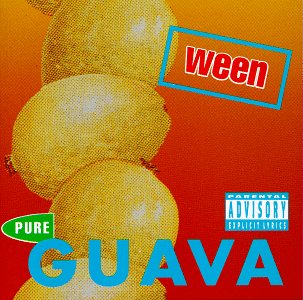
Pure Guava is the third studio album and major label debut by American rock band Ween, released on November 10, 1992, by Elektra Records. The record contains the US radio hit "Push th' Little Daisies".
Noise pop is a subgenre of alternative and indie rock that developed in the mid-1980s in the United Kingdom and United States. It is defined by its mixture of dissonant noise or feedback with the songcraft more often found in pop music. Shoegaze, another noise-based genre that developed in the 1980s, drew from noise pop.
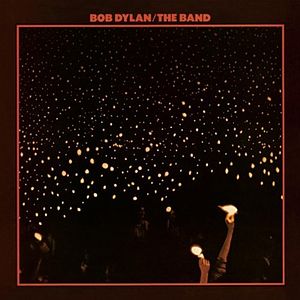
Before the Flood is a live album by American singer-songwriter Bob Dylan and The Band, released on June 20, 1974, on Asylum Records in the United States and Island Records in the United Kingdom. It was Dylan's first live album, although live recordings of earlier performances would later be released. It is the 15th album by Dylan and the seventh by the Band, and documents their joint 1974 American tour. It peaked at No. 3 on the Billboard 200, reached No. 8 on the popular album chart in the UK, and has been certified Platinum by the Recording Industry Association of America.

There's Nothing Wrong with Love is the second full-length album released by American indie rock band Built to Spill. There's Nothing Wrong with Love was recorded in May and June 1994, and released September 13, 1994, on the Up Records label. It was produced by Phil Ek. The songs "Car" and "Distopian Dream Girl" were released as singles. Sub Pop reissued the album on vinyl in 2015. This is the only album to feature drummer Andy Capps and the first to feature bassist Brett Nelson.
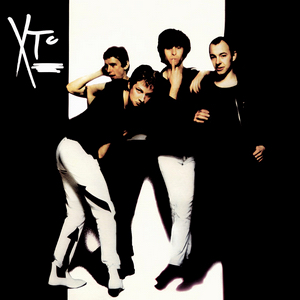
White Music is the debut studio album by the English rock band XTC, released on 20 January 1978. It was the follow-up to their debut, 3D EP, released three months earlier. White Music reached No. 38 in the UK Albums Chart and spawned the single "Statue of Liberty", which was banned by BBC Radio 1 for the lyric "In my fantasy I sail beneath your skirt". In April 1978, the group rerecorded "This Is Pop" as their third single.

Bad Brains is the first studio album by American rock band Bad Brains. Recorded in 1981 and released on the cassette-only label ROIR on February 5, 1982, many fans refer to it as "The Yellow Tape" because of its yellow packaging.

I Can Hear the Heart Beating as One is the eighth studio album by the American indie rock band Yo La Tengo, released on April 22, 1997, by Matador Records. It was produced by Roger Moutenot and recorded at House of David in Nashville, Tennessee. The album expands the guitar-based pop of its predecessor Electr-O-Pura to encompass a variety of other music genres, including bossa nova, krautrock, and electronic music. Most of the songs on the album deal with melancholy emotions and range from short and fragile ballads to long and open-ended dissonance.

And Then Nothing Turned Itself Inside-Out is the ninth studio album by American indie rock band Yo La Tengo, released on February 22, 2000, by Matador Records. The album received acclaim from critics.
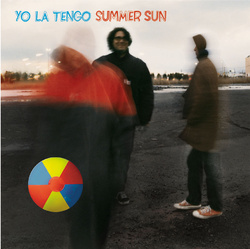
Summer Sun is the tenth studio album by American indie rock band Yo La Tengo, released on April 8, 2003 by record label Matador.

Painful is the sixth studio album by American indie rock band Yo La Tengo, released in 1993 by record label Matador, their first for the label.
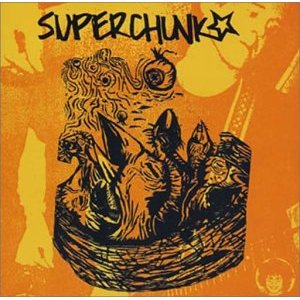
Superchunk is the debut studio album by American indie rock band Superchunk. It was recorded January 18–19, 1990, at Duck Kee Studios in Raleigh, North Carolina, and released on Matador Records in 1990.
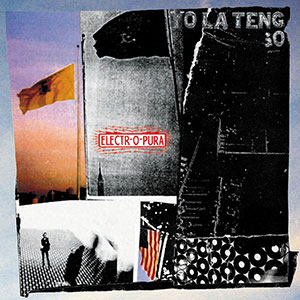
Electr-O-Pura is the seventh studio album by American indie rock band Yo La Tengo, released on May 2, 1995, by record label Matador. The album received very positive reviews from music critics.
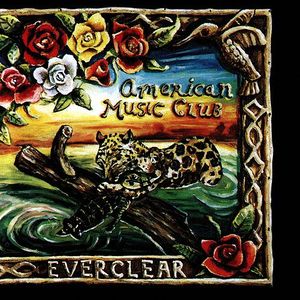
Everclear is the fifth studio album by American indie rock band American Music Club. It was released on October 5, 1991, on Alias Records.
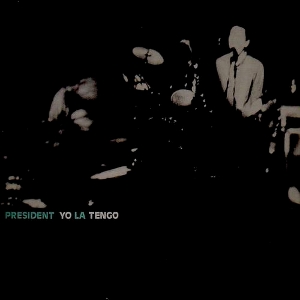
President Yo La Tengo is the third album by American indie rock band Yo La Tengo, released in 1989 by record label Coyote.
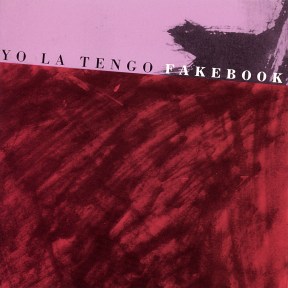
Fakebook is the fourth studio album by American indie rock band Yo La Tengo, released in 1990 by record label Bar None.

I Am Not Afraid of You and I Will Beat Your Ass is the eleventh full-length album by American indie rock band Yo La Tengo, released on September 12, 2006 by record label Matador.
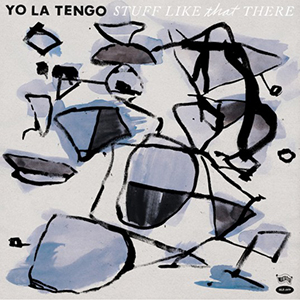
Stuff Like That There is the fourteenth full-length album by American indie rock band Yo La Tengo, released in August 2015 by record label Matador.

"Saturday" is a song by American indie rock band Yo La Tengo, released as the second single from their 2000 album And Then Nothing Turned Itself Inside-Out. It reached number 92 in the UK Singles Chart.


















